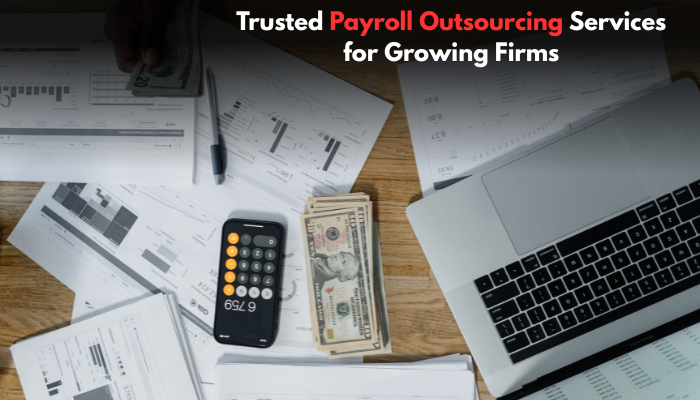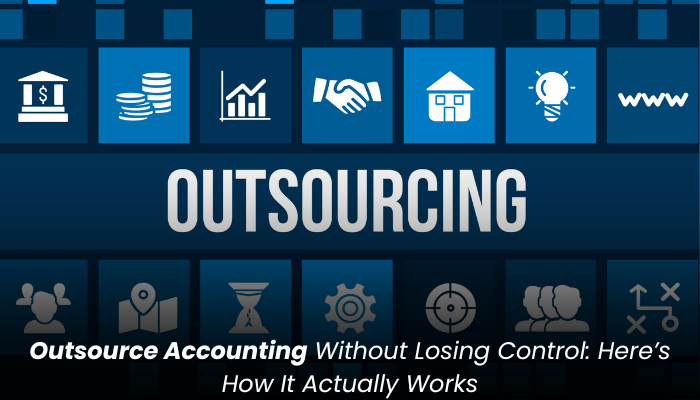
As a founder, you're juggling product development, customer acquisition, and fundraising, all while trying to scale with limited resources. One smart move many startups are making? Hiring a Virtual Employee to fill skill gaps, handle operational load, and accelerate growth without the overhead of a traditional hire.
A Virtual Employee can be the operational backbone your startup needs, offering flexibility, expertise, and cost-efficiency. If you're bootstrapped, scaling quickly, or simply want to build lean, this approach might be your strategic advantage.
Let’s explore why hiring a Virtual Employee should be one of your next moves.
1. Cost-Effective Staffing Without Compromising Quality
Startups operate under strict budget constraints. Full-time employees come with salary demands, benefits, taxes, office space, and equipment costs. A Virtual Employee eliminates many of those expenses.
Instead of committing to long-term payroll obligations, you can:
Pay hourly or per project
Scale up or down based on your needs
Avoid infrastructure costs like desks, laptops, and electricity
Hiring virtually allows you to access the same skill set you'd find locally but at a fraction of the price.
2. Access to a Global Talent Pool
The traditional hiring model limits you to candidates in your geographic area. By hiring a Virtual Employee, you tap into a global network of professionals, many of whom specialize in startup support.
Whether you need:
A software developer in Eastern Europe
A graphic designer from Southeast Asia
A marketing expert based in Latin America
You can choose professionals who not only meet your skill needs but also fit your budget and work ethic. This global access increases your chances of finding top-tier talent.
3. Immediate Scalability for Project-Based Needs
Startups move fast, and priorities can shift weekly. A Virtual Employee provides the flexibility to scale your workforce according to current demands without the burden of hiring or firing permanent staff.
Situations where scalability matters:
Product launches with temporary marketing pushes
Customer support during beta testing phases
Short-term software development sprints
Instead of over-hiring or burning out your core team, a Virtual Employee can step in to fill the gap.
4. Streamlined Operations and Better Time Management
As a founder, your time is limited. You should focus on strategy, vision, and growth not repetitive tasks. A skilled Virtual Employee can handle operational work so you stay focused on high-value activities.
Delegatable tasks include:
Email and calendar management
CRM updates and customer outreach
Data entry and research
Social media scheduling
Bookkeeping and invoicing
The impact? You reclaim hours each week while ensuring no operational ball gets dropped.
5. Round-the-Clock Productivity
Hiring a Virtual Employee from a different time zone can actually enhance your business continuity. While your local team rests, your virtual staff can keep things moving answering customer queries, processing orders, or building tomorrow’s assets.
This asynchronous workflow offers:
Faster turnaround on deliverables
24/7 customer service potential
More productive use of time for urgent tasks
Used strategically, this model can create the illusion of a larger team running full-time operations.
6. Specialized Skills Without Long-Term Commitment
Need a UI/UX designer for a website revamp? Or a CRM consultant to clean up your sales pipeline? Hiring a Virtual Employee on a contract basis is the smarter way to acquire niche expertise.
Benefits of short-term specialists:
Lower costs compared to agency rates
Faster onboarding with focused goals
No obligation beyond the project scope
This approach is especially useful for startups needing experts for specific milestones rather than ongoing roles.
7. Faster Onboarding and Training
Virtual Employees often come pre equipped with the tools, skills, and remote work experience needed to integrate quickly. Many are used to juggling multiple clients, adapting to different systems, and delivering results with minimal supervision.
Why onboarding is faster:
They’re often already familiar with project management tools like Trello, Slack, Notion, or ClickUp
They can adapt to new SOPs and workflows with minimal hand-holding
Many offer training documentation, checklists, and reporting formats as part of their onboarding
You save time while ensuring efficient ramp-up.
8. Stronger Focus on Core Business Activities
The more time your founding team spends on low-leverage activities, the slower your growth. A Virtual Employee lets your team focus on core responsibilities that drive performance fundraising, partnerships, product iteration.
By outsourcing:
Admin and customer service
Content creation and lead generation
Bookkeeping or HR processes
You can ensure that the people closest to the vision stay close to it—without being pulled into distractions.
9. Lower Risk, Higher Agility
Hiring full-time employees involves legal contracts, probation periods, and severance policies. If a hire doesn’t work out, it can be costly. With a Virtual Employee, you can test a relationship with minimal risk and adjust quickly.
Why this matters to startups:
Agility is critical in the early stages
Budget changes and pivoting require lean operations
You can trial Virtual Employees before making long-term decisions
This allows you to remain flexible while building a stable foundation.
10. Proven Value From Startup-Focused Virtual Talent
Many Virtual Employees specialize in working with startups. They understand early-stage priorities like MVP launches, customer validation, and lean marketing. Their exposure to multiple startup environments allows them to offer value beyond just task execution.
They often bring:
Suggestions for optimizing workflow
Templates for marketing or CRM processes
A results-driven mindset aligned with growth
When you hire strategically, your Virtual Employee becomes more than just support they become a trusted contributor.
Key Takeaways
Hiring a Virtual Employee is not just a cost-saving tactic it’s a strategic move that empowers your startup to do more with less. With the right person, you gain expertise, flexibility, and the operational bandwidth needed to scale responsibly.
Whether you need help with admin, marketing, tech, or customer service, choosing to hire a Virtual Employee can provide the leverage your startup needs to hit its next milestone on budget and on time.
For further insights, check out this blog-: Affordable and Skilled: Hire a Virtual Employee Today

















Write a comment ...